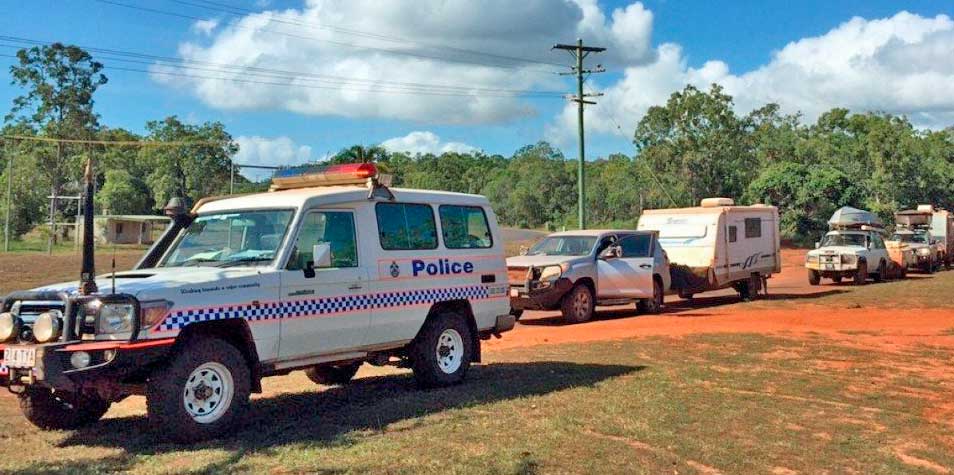|
|
|||||
|
Caravanning News is registered with the National Library of Australia's PANDORA archive |
|||||
|
JULY
2022 |
|||||
|
|
Timely reminder to consider the implications of towing Police offer raft of advice for grey nomads heading north for Qld's winter sunshine BACK TO CARAVANNING NEWS MAIN PAGE No part of this
publication may be reproduced or transmitted without Copyright 2005
Dennis Amor |
|
|||
|
|
|||||





